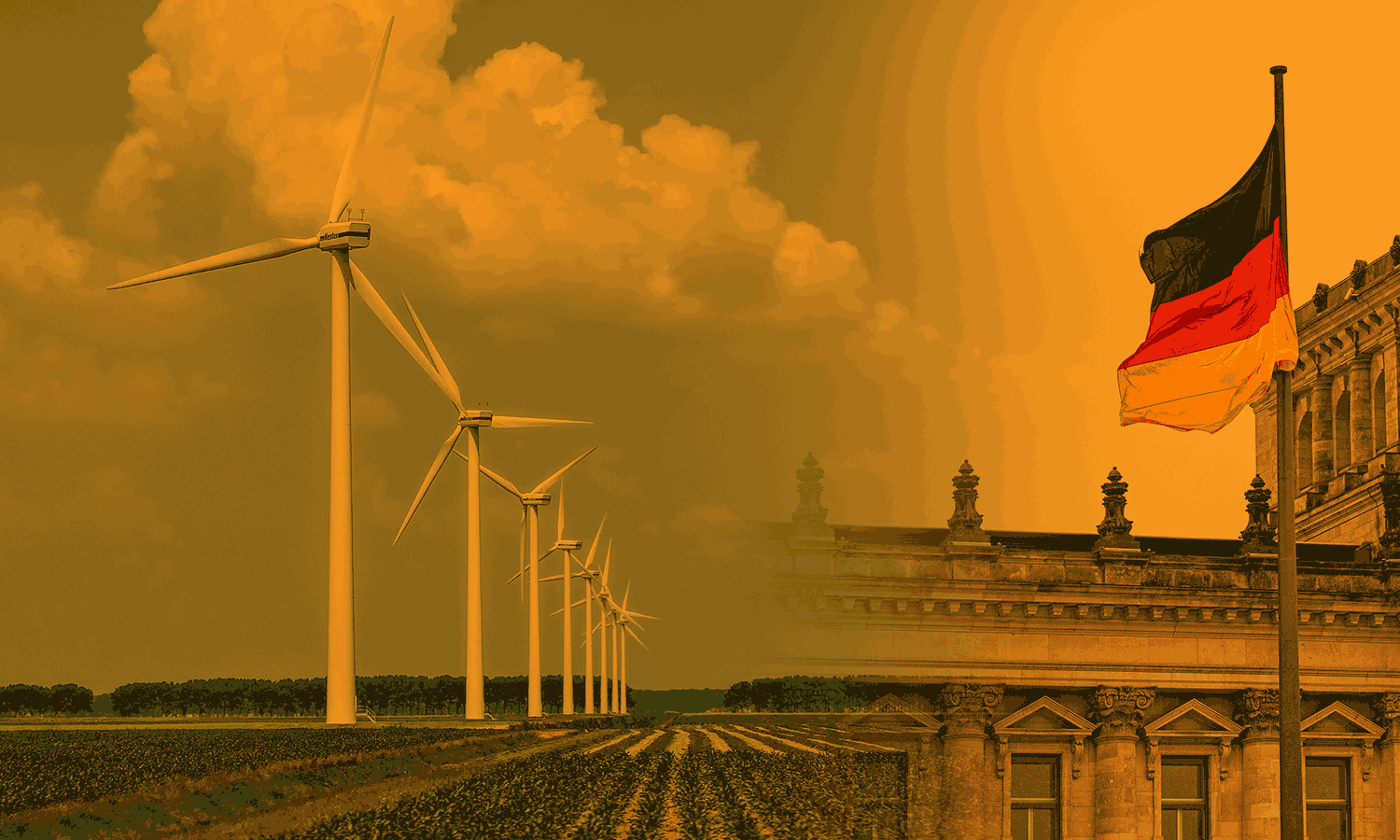Germany’s Green Economy: Investment Trends in Sustainability and Renewable Energy

Germany has long been celebrated as a global leader in sustainable development and renewable energy innovation. As climate change and environmental sustainability continue to dominate global agendas, Germany’s commitment to a green economy stands as a beacon of progress and responsibility. At the heart of this transformation is the restructuring of the energy supply sector—a revolutionary shift unlocking new investment opportunities. In this article, we explore the key investment trends in Germany’s green economy and how businesses can benefit from this rapidly growing sector.
Why Germany Is Embracing Sustainability
Germany’s transition toward a green economy is the result of decades of deliberate climate action, regulatory policies, and sustainable innovation. The German government has committed to reducing carbon emissions, promoting renewable energy, and minimizing the environmental footprint of industrial growth.
A core driver of this transformation is the strategic overhaul of the energy supply sector, aimed at decentralizing energy production, phasing out fossil fuels, and embedding clean technologies throughout the supply chain. Germany is working toward becoming carbon-neutral by 2045, making it a hotbed for long-term, impactful investments.
Restructuring of the Energy Supply Sector
Germany’s restructuring of its energy supply infrastructure isn’t just aspirational—it’s already in motion. This strategic overhaul focuses on energy decentralization, technology integration, and sustainability.
Key elements of this restructuring include:
- Decentralized Energy Production: Localized solar and wind projects empower communities and reduce reliance on centralized power plants.
- Smart Grid Implementation: Digital grids using AI and automation optimize power distribution and reduce energy waste.
- Energy Storage Solutions: Investments in battery systems and green hydrogen storage address energy intermittency.
- Phase-Out of Fossil Fuels: Coal and gas plants are being replaced by clean alternatives.
- Cross-Border Energy Cooperation: Germany collaborates with EU neighbors to build a stable and interconnected green energy network.
This transformation opens the door to innovation and foreign direct investment (FDI), making Germany a global hub for sustainable infrastructure.
Top Investment Trends in Germany’s Green Economy
Here are the most promising green investment opportunities available in Germany right now:
1. Green Hydrogen Projects
Germany has identified green hydrogen as a cornerstone of its future energy landscape. The country is making substantial investments in hydrogen production, storage, and infrastructure. This clean fuel alternative is set to play a pivotal role in decarbonizing heavy industries, transportation, and power generation.
Investors are showing immense interest in hydrogen projects, driven by government support and the long-term potential of this versatile energy source. Companies engaged in electrolyser production, hydrogen fuel cells, and storage solutions are particularly well-positioned for growth.
2. Offshore Wind Farms
Germany’s strategic location along the North Sea and Baltic Sea provides ideal conditions for offshore wind energy production. Massive wind farm projects are underway, supported by both public and private investments. These ventures are not only generating green electricity but also creating new jobs and revitalizing coastal economies.
3. Solar Energy Expansion
Solar power remains an essential pillar of Germany’s renewable energy transition. Federal incentives and decreasing costs have made solar installations more accessible to households and businesses alike. Community solar projects and large-scale photovoltaic farms are becoming increasingly common, generating clean energy while reducing electricity costs.
From photovoltaic manufacturers to energy providers, companies involved in the solar sector are seeing an upswing in investment opportunities as demand continues to rise.
4. Smart Energy Systems
Digital innovation is transforming how energy is managed and consumed. Smart energy systems integrate data analytics, automation, and AI to optimize energy use and reduce wastage. These technologies enhance grid stability and facilitate the seamless integration of renewable sources.
Investors are drawn to start-ups and established firms alike that are pioneering these systems, making them integral to Germany’s energy efficiency goals.
5. Electric Mobility Infrastructure
Germany’s automotive industry is undergoing a green transformation, with electric vehicles (EVs) becoming increasingly mainstream. Investments in EV charging infrastructure, battery manufacturing, and electric public transportation are booming as the nation works to phase out internal combustion engines.
Forward-thinking businesses are capitalizing on the shift to e-mobility by developing cutting-edge battery technology, lightweight materials, and fast-charging networks.
Germany’s green economy isn’t just about climate action—it’s about economic growth, technological innovation, and business success. If you’re thinking about renewable energy investment opportunities in Germany, electric mobility, or green tech, now is the time to act. The country is offering huge opportunities for businesses ready to be part of a sustainable revolution.














 Twitter
Twitter